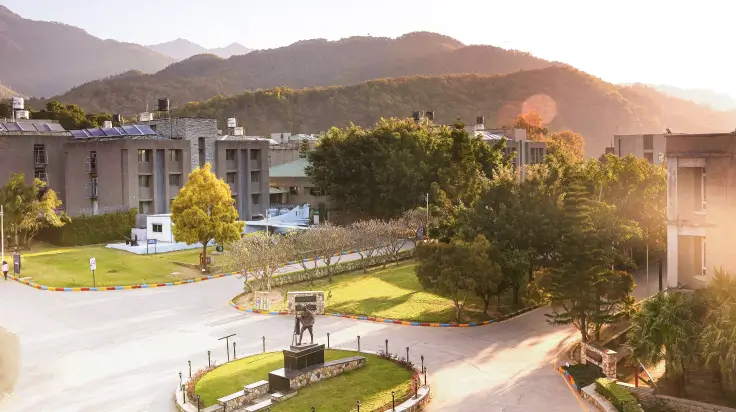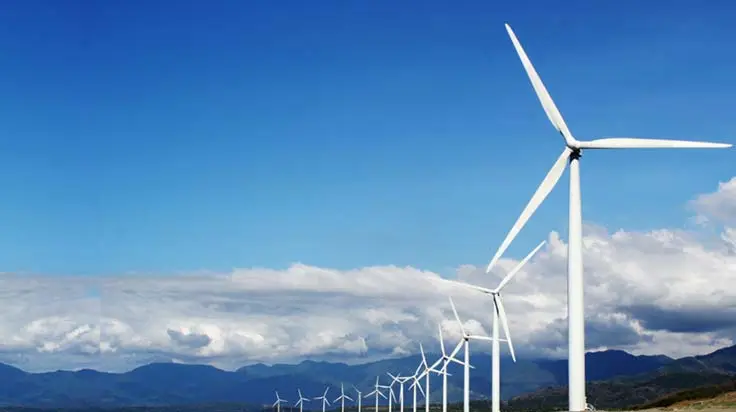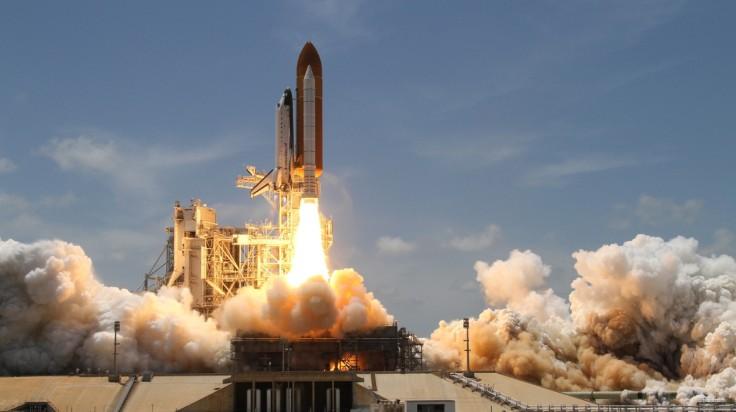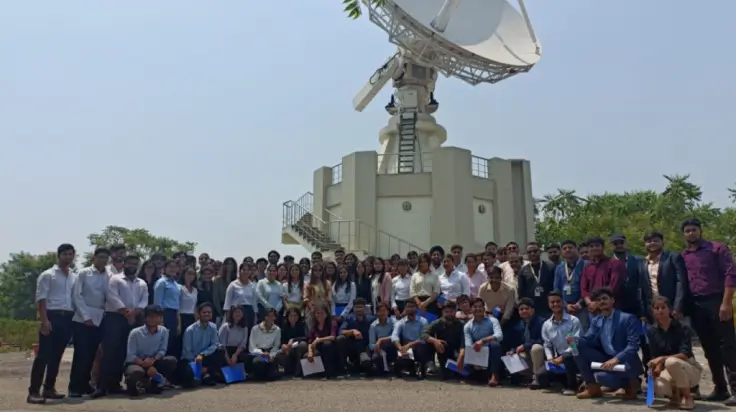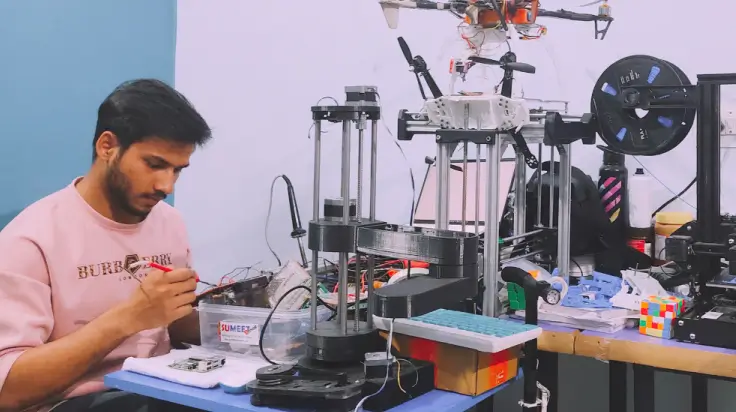Opportunities for Geology Graduates: Pioneers Shaping Earth’s Future and Diverse Career Horizons
- Dr. Annapurna Boruah
- Published 03/01/2024
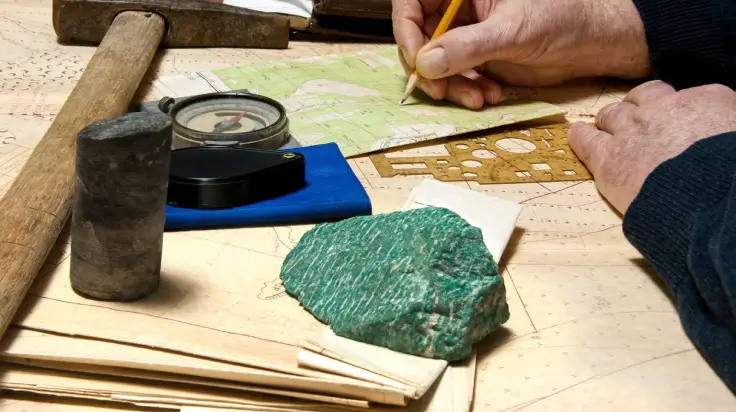
Exploring the Earth’s secrets, deciphering its history, and contributing to critical areas like natural resource management, energy exploration, environmental protection, climate change, and hazard assessment, geology emerges as an immensely captivating and fulfilling career choice. Geoscience, the scientific examination of the Earth’s structure, processes, and history, possesses an inherent allure that attracts individuals from diverse backgrounds.
For a robust start in this field, a minimum of a master’s degree, such as M. Sc. in Geology, is typically required. However, those with a bachelor’s degree can explore entry-level roles. Geology graduates have the flexibility to venture into diverse professions, ranging from oceanography and meteorology to geology and geography. The versatility of a geology degree extends to careers in mining, environmental education, petrology, geophysics, palaeontology, research, and field study.
As a Geology graduate, exciting career opportunities await in environmental consultancies, groundwater industries, civil engineering firms, oil and gas sectors, environmental agencies, local authorities, museums, and governmental organisations. The multidimensional field of Geoinformatics opens doors to a plethora of professions. Graduates increasingly find employment in environmental planning, land remediation, hydrogeology, and pollution control. For those inclined towards research, opportunities as research associates with institutions like the Council of Scientific and Industrial Research (CSIR) and the Department of Science and Technology await exploration. These institutions often recruit geologists for scientific officer positions.
When exploring careers in geology, one may notice that many job descriptions recommend or favour postgraduate degrees. Depending on the specific role of interest, a postgraduate degree may not be mandatory. Universities offering postgraduate degrees often provide summaries of course materials, support from external organisations and professional bodies, and insights into graduate employability. Prospective students are encouraged to thoroughly review this information before selecting a Master’s program.
Here are some prominent positions open for Geology postgraduates:
- Geologists: Investigate the Earth’s history, composition, and physical components to decipher geological processes.
- Mineralogists: Examine and categorise minerals and mineral systems, identifying new resources and understanding the process of formation.
- Palaeontologists: Examine fossils to unveil insights into the evolution of plant and animal life and the Earth’s geological past.
- Stratigraphers: Study the stratification and layering of rocks to comprehend the formation environment and interpret clues about past Earth-surface processes.
- Sedimentologists: Investigate the composition, history, and distribution of sediments to advance understanding of the genesis of commercially significant deposits and sediment accumulation processes.
- Geophysicists: Study Earth’s motions, gravitational fields, earthquake-related phenomena, and magnetic information to enhance models of Earth’s interior and gain insights into geodynamic processes.
- Petroleum Geologist: Working in the oil and gas industry, these professionals analyse geological data to locate potential oil and gas reservoirs, assess their economic viability, and plan extraction methods.
- Mining Geologist: Involved in locating mineral resources, assessing their quality and quantity, and providing guidance for extraction methods and mine planning.
- Geochemists: Study the nature and distribution of chemical elements in groundwater and Earth materials, aiming to understand processes responsible for compositional characteristics.
- Volcanologists: Study volcanoes and volcanic events to predict eruption possibilities and assess risks to human health and welfare.
- Glacial Geologists: Investigate the structure and motion of ice sheets and glaciers, contributing to discussions about potential climate change.
- Hydrologists: Examine the amount, makeup, distribution, and physical characteristics of groundwater and surface water, influencing decisions about land use and resource management.
- Engineering Geologists: Advise on large-scale construction projects, resource management, environmental remediation, and natural hazard mitigation, applying geology principles to civil and environmental engineering disciplines.
- Oceanographers: Research Earth’s seas and coastal waters, gathering crucial data on biological evolution, seabed geology, coastal processes, oceanic circulation patterns, and climate change.
- GIS Specialist: Using Geographic Information Systems (GIS) to analyse and visualise geological data for various applications like urban planning, resource management, or environmental assessment.
- Energy Specialist/Exploration Geologist: Geologists can work in geothermal energy projects, focussing on identifying suitable locations for geothermal plants, assessing subsurface conditions, and understanding the geological structures that support renewable energy sectors such as hydrogen, wind, solar, etc.
- Planetary Geologists: These scientists study the surfaces and geology of planets, moons, and other celestial bodies. They analyse images and data obtained from spacecraft to understand the geological history and processes shaping these worlds.
- Astrogeologists: Focussing on planetary bodies, these professionals study the geology of asteroids, comets, and other space objects. They analyse their compositions, surface features, and history to understand their formation and evolution.
- Consultant/Advisor: Geologists can work as consultants providing expertise to renewable energy companies, government bodies, or NGOs, offering advice on geological factors, risk assessment, and project viability.

Geology, in essence, expands one’s ability to perceive the world in four dimensions. Students with an inclination towards IIT can pursue geology through the IIT JAM examination for masters. For those interested in civil services, geology can be a subject of preparation. Additionally, if one discovers post-graduation that geology isn’t their career path, pursuing an MBA or another degree can lead to the job of their dreams.
According to the Bureau of Labour Statistics, the field of geoscience is anticipated to experience a 14% expansion in employment in the coming decade. This growth encompasses various sectors and industries such as Oil and Gas Companies (e.g., Shell, ExxonMobil, Chevron, Total, BP), Mining Companies (Rio Tinto, BHP Billiton, Vale, Anglo American, and more), Environmental Consulting Firms (AECOM, Tetra Tech, Golder Associates, etc.), Geotechnical Engineering Firms (Jacobs Engineering Group, Bechtel Corporation, Fluor Corporation), Renewable Energy Companies (NextEra Energy, Vestas, Siemens Gamesa Renewable Energy, etc.), Research Institutions, and Universities (including NASA, geological surveys, academic institutions, and global research organisations). In India, geology presents diverse career prospects within prestigious organisations like ONGC, NTPC, IOCL, ISRO, GSI, CSRIs, and others. This underscores the substantial demand for geologists across sectors such as oil and gas exploration, mining, energy production, environmental conservation, and beyond.
Moreover, the field extends beyond traditional industries, integrating technology, innovation, and environmental stewardship. Geologists have a pivotal role in addressing challenges like climate change, water scarcity, and natural resource management. They contribute to sustainable development, ensuring the responsible extraction and utilisation of minerals, fuels, and other resources while minimising environmental impact. Geology is not just about a career; It is a journey of constant learning, discovery, and problem-solving. Geologists play a crucial part in ensuring the preservation of Earth’s heritage and contributing to a more sustainable future for generations to come.

Dr. Annapurna Boruah
The writer is Annapurna Boruah, Associate Professor, Energy Cluster, UPES School of Advanced Engineering
UPES Admission Enquiry
Subscribe to UPES Blogs
Join our community for exclusive stories, insights, and updates
By clicking the "Subscribe" button, I agree and accept the privacy policy of UPES.






















